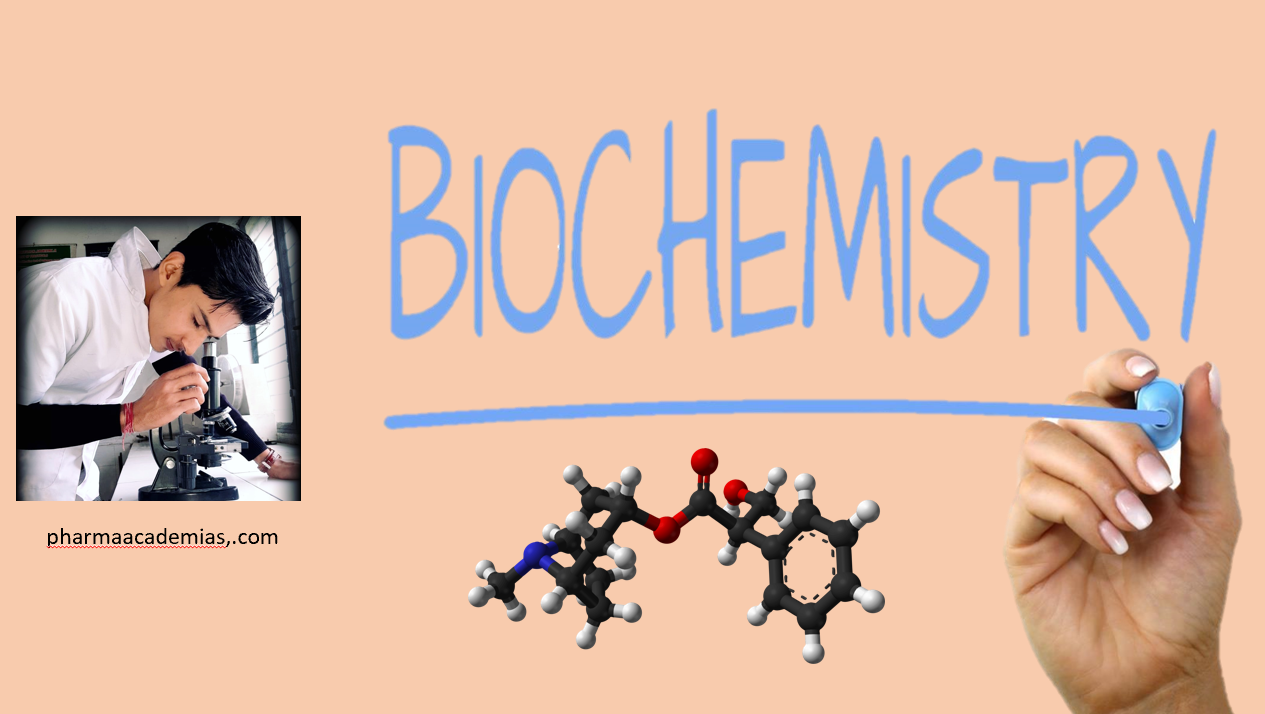Lactose – Definiton Structure
Lactose is a disaccharide, a type of carbohydrate, composed of one molecule of glucose and one molecule of galactose linked together by a β-1,4-glycosidic bond. It is commonly found in the milk of mammals and is often referred to as milk sugar. Lactose is a significant energy source for infants, and the enzyme lactase facilitates … Read more










